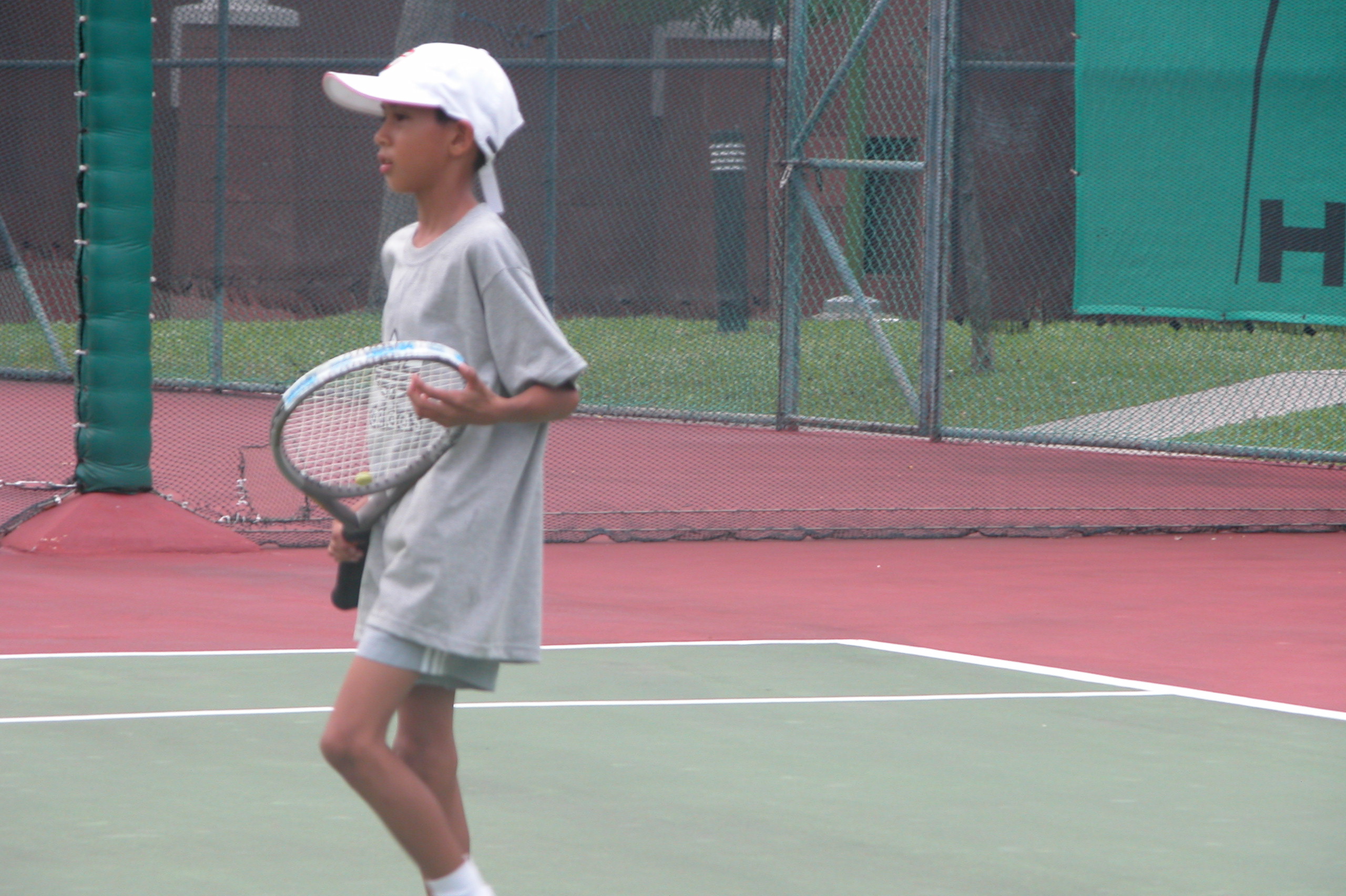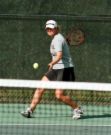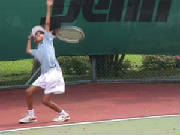
|
||||||
|
"Kites rise highest against the wind, not with it." - Sir Winston Churchill |
|
Boosting Your Child's Self-esteem
"Many things we need can wait. The child cannot. Now is the time his bones are formed, his mind developed.
To him we cannot say tomorrow, his name is today." Gabriela Mistral.
|
|
|
Self-esteem is a crucial issue for all children; we want our children to feel good about themselves so they can do their best.
Good self-esteem helps a child to be confident and affects an array of elements in his life. With a solid sense of self-esteem, he will get along with others, and be more likely to do well on the tennis courts. Self-esteem is at the base of our accomplishments in life; without it, how will your child have the courage and confidence to strive for his goals?
Why Tennis?
Several factors make tennis a very positive activity for children. It introduces them to a sport that provides the aerobic activity and the strength building benefits essential to a healthy lifestyle.
Studies indicate that the time children spend watching television continues to increase. Not surprising is a corresponding greater incidence of childhood obesity.
More than ever children need to learn basic motor skills and the basics of motor development are thoroughly covered in every successful tennis program. Most of the skills a child will possess as an adult will be developed between ages 3 and 10. These skills include walking, running, hopping, jumping, skipping, catching, throwing, kicking and striking.
Tennis develops all of these skills in addition to introducing children to other playing activities
Help your child
experience success. Let him find a place where he can shine, whether it’s sports, the arts, computers, or any other
venue.
Build skills. Your child needs to be independent and develop his own capabilities; your role is to guide and support him. One of the best ways to instill confidence is to give your child the tools to achieve his own success.
Let your child make decisions. Tennis is a good vehicle to let your child make the many decisions required to play the game reasonably well. Offering children an opportunity to make choices is an important way to help them feel better about themselves. Confidence stems from accomplishments.
Provide positive feedback. Kids enhance their self-esteem when they learn how to respond to themselves in a positive way when the goals are attained.
A child with low self-esteem may be too easily influenced by his peers, or he/she may overreact to criticism or minor failures. Self-esteem research shows that successes raise levels of self-assessment, and failures lower these levels. Repeated failures can have devastating effects on self-esteem. When someone has a series of successes; there is a greater tolerance for an occasional failure.
Coordination, balance, speed, flexibility, agility, strength and endurance are all important components of human movement and sport performance. The different stages of child’s growth and development determine which motor skills should be emphasized in training program.
Speed and agility is important development for 8 to 12 years old, during puberty, on the other hand, some of the fine motor skills regress as the body adapts to huge changes in height and muscle mass.
The development stages before and during puberty should focus on children’s strength and not their weakness. Flexibility becomes more important and strength and endurance abilities are better absorbed at this stage than earlier.








